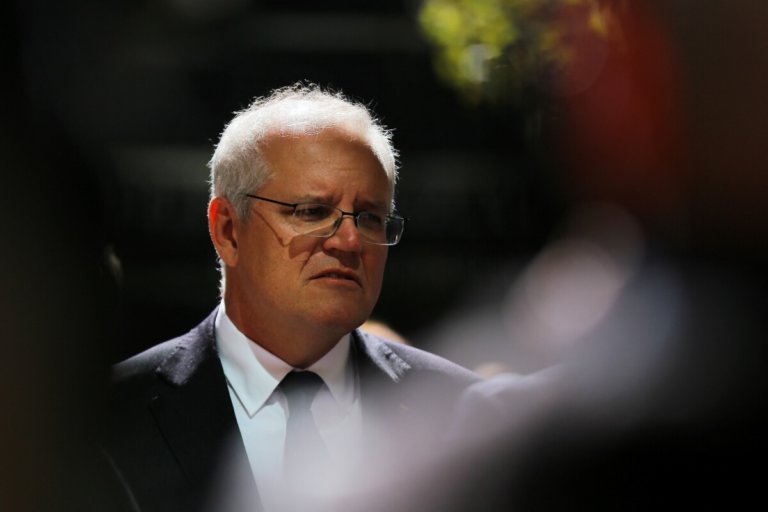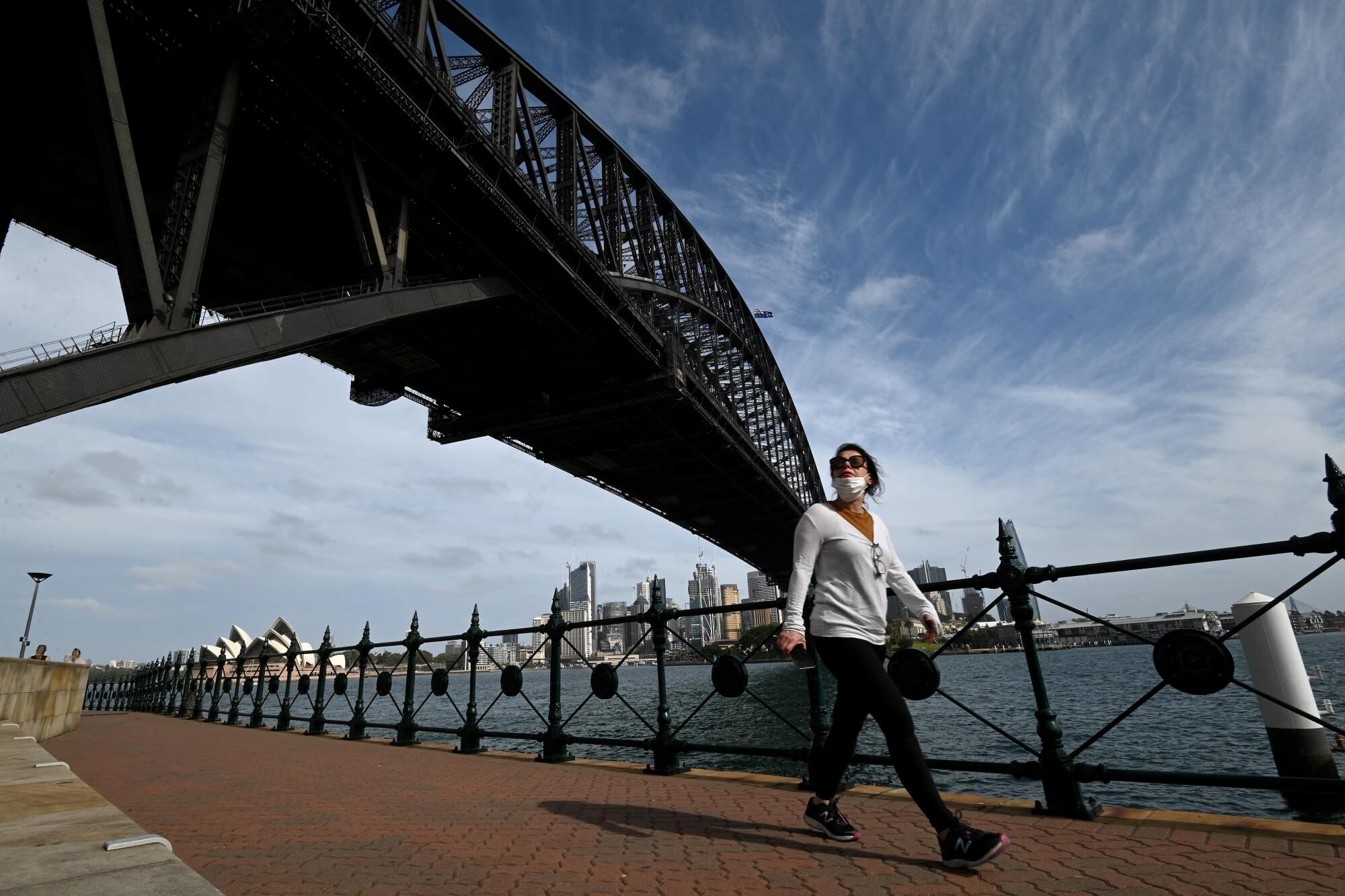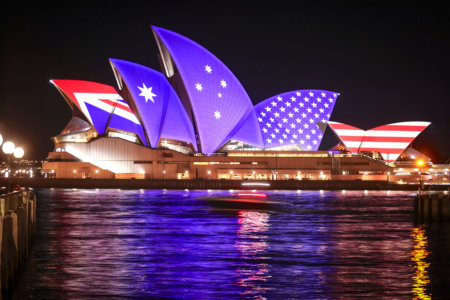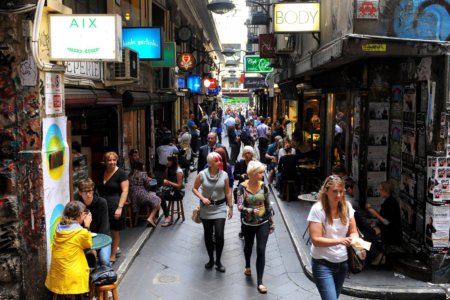
What’s Australia’s latest news for international students? On Sunday, Australia had two confirmed cases of travellers from southern Africa who tested positive for the Omicron coronavirus variant.
According to The Sydney Morning Herald, health officials in New South Wales, the most populous state, said both passengers had arrived in Sydney on Saturday evening and tested positive for COVID-19 late that night before genome sequencing confirmed the Omicron variant on Sunday.
Could this lead to renewed travel restrictions for international students hoping to return to Australia? Here’s what we know so far:
Australia’s latest news for students: December 1 return would be considered in light of ‘new information’
Today’s report in The Sydney Morning Herald said Australia’s national cabinet and the national security committee will both meet in the next 48 hours to discuss the new Omicron variant as Australian Prime Minister Scott Morrison seeks to reassure the country that reopening plans remain unchanged for now.
On Monday, Morrison urged states and territories to stick to their reopening plans as so far the new strain appears to cause milder symptoms than other COVID-19 variants. “We have to live with this virus,” Morrison told Seven’s breakfast show Sunrise. “The fact we’ve had a new variant, is not a surprise. We’ve been saying all through the pandemic that new variants also come and we’ll deal with them as they turn up.”
A third case is under investigation, while Victoria is also looking into a possible case, said the report. So how does Australia’s latest news on Omicron affect international students?
Morrison ruled out closing the international border to citizens, but said the plan to allow students and skilled workers back in from December 1 would be considered “in the light of all the new information”. “This isn’t the first of the new strains we have seen, and the evidence to date does not suggest it is a more severe form of the virus,” he was quoted saying. “But should that information come forward, then obviously we will be considering that and moving very quickly.”
Australia’s Chief Medical Officer Paul Kelly was quoted saying that current data suggests that Omicron was probably more transmissible but might be no more vaccine-resistant than other strains.
“What we do know, the two cases that have so far been diagnosed in Australia — and there may be more – but at the moment two, both young people, both from South Africa, both fully vaccinated, asymptomatic,” he said. “We need to see whether that is actually the characteristic of this virus. Of course if it is, that’s very reassuring, but it’s too early to definitely say that.”

Two passengers from southern Africa who tested positive for the Omicron coronavirus variant landed in Sydney on Saturday. Source: Saeed Khan/AFP
New restrictions for people who have been to nine southern African countries
On Saturday, New South Wales and Victoria introduced 72-hour isolation requirements for all vaccinated international arrivals regardless of their departure destination.
Australia’s latest news says anyone who is not a citizen or permanent resident of Australia, or their immediate family, including parents of citizens, and who have been in African countries where the Omicron variant has been detected and spread – within the past 14 days – will not be able to enter Australia.
The countries are: South Africa, Namibia, Zimbabwe, Botswana, Lesotho, Eswatini, Seychelles, Malawi and Mozambique. The federal government will also suspend all flights from the nine southern African countries for a period of 14 days as a matter of precaution.
“Anyone who has already arrived in Australia and who has been in any of the nine countries within the past 14 days must immediately isolate themselves and get tested for COVID-19 and follow jurisdictional quarantine requirements which will include quarantine for 14 days from the time of departure from southern Africa,” said Minister for Health and Aged Care Greg Hunt.
He added that these restrictions also apply to international students and skilled migrants who are arriving from the safe travel zones established with New Zealand, Singapore, Japan and Republic of Korea, who have been in any of the nine countries within the past 14 days.
The new strain has already been found in countries such as the Netherlands, the UK, Botswana and Hong Kong. Canada became the latest country to announce its first detected cases Sunday in two people who had travelled to Nigeria.
Scientists in South Africa said they had last week detected the new variant with a far greater number of mutations than in the cases of earlier strains like Beta or Delta — the latter of which dented the global recovery and sent millions worldwide back into lockdown.
Additional reporting by AFP.










